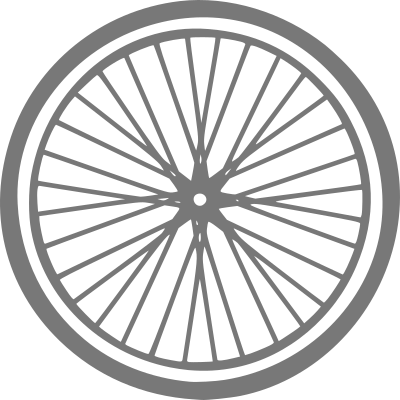The neat thing is, you can add stuff like range checks and logging for getters and setters without changing every call. Separation of concerns is also vital in larger projects.
typical OOP progaganda
also const correctness in languages that support that concept
You can, but who ever does?
I suppost that’s why some languages offer autogenerated minimal getter/setters, but that still seems like the same thing with extra steps.
I am triggered
That’s not a new way to change data, it’s reading it.
Real chads put everything in one namespace until they have to add numerals to functions like it’s a Reddit username. /s
Imagine not using a language with setters and getter built in lol
Wait until you hear about the concept of properties in languages like Javascript, C#, Kotlin and many others.
At least for Kotlin it’s literally just syntactic sugar for getter and setter methods. I really like them, don’t get me wrong, but it’s just the bottom approach masquerading as the top approach
I love dart’s approach to getter and setter methods… They let you define methods labelled explicitly as “get” or “set” methods that you can call without writing the parentheses. So the call looks like accessing a member variable, but internally it can handle additional functionality like logging or validation or whatever you want. So the syntax would look like the first example in the meme, but with all the benefits of the second example. I wish more languages would incorporate this
Every IT profesor, ever



